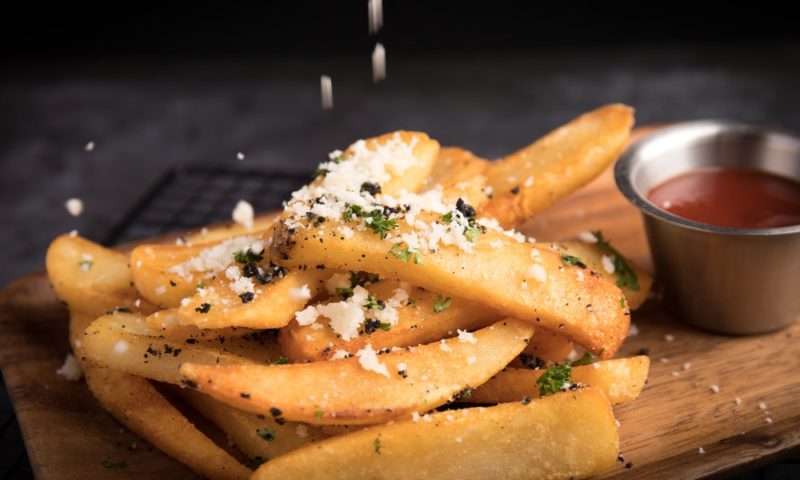Cheat Meals Disclaimer: If you have any questions about creating the best food plan for your weight and health, first consult with a dietitian or other health professional.
Many people dread “diets” because they hate the thought of giving up their favorite foods. Sticking to a diet can be tough! That’s why cheat meals were created.
What are Cheat Meals?
Cheat meals are dishes you eat that break the “rules” of your diet. They aren’t meant to be eaten every day. Most people give themselves one cheat day a week or every other week.
For example: If you’re on a low-carb, high-protein diet and you try not to eat sugar, you might use a cheat day to indulge in an ice cream cone or pizza.
Cheat meals operate as a way to relieve diet-related stress. The idea is that by giving in to your cravings every so often, you are less likely to feel “punished” and more likely to stay on track. Some people believe that cheat meals actually strengthen your willpower and break weight plateaus. They are also thought to give you something to look forward to.
Are Cheat Meals Effective?
The answer to this question isn’t very clear. Actually, it depends on you, your goals, and knowing what methods “work” for you. But if you have questions about creating a food plan that works, you should talk to a dietitian or other health professional.
Before you create a food plan, ask yourself these questions:
- Are any foods completely off limits for health reasons? (diabetes, high cholesterol, etc)
- Are you emotionally triggered by certain foods?
- Do you struggle with moderation?
- Do you struggle with willpower?
- Can you benefit from a “day off” your diet?
Some people find that going cold-turkey is the best way to keep from returning to old habits. Others feel relieved after indulging in their favorite foods because it feels like catching a much-needed break. Who can be perfect all the time? To determine how you react to cheat meals, practice mindfulness and record your experiences in a food journal.
Keep this in Mind
If you struggle with food, consider a lifestyle change vs a “diet.” Lifestyle changes teach you to practice balance and moderation. They don’t leave you feeling restricted or punished. They teach you how to have a healthy relationship with food now and forever.
So, let’s say you LOVE ice cream. You don’t have to kick ice cream to the curb if you want to lose weight. Instead, go out with your friends for a small/medium scoop every other week or so. That way you aren’t keeping it your freezer for easy access, but you still get to enjoy it.
If you have questions about seeking help from a dietitian, CLICK HERE.






